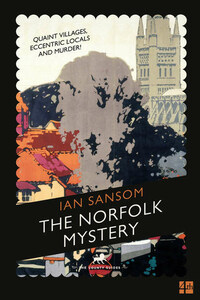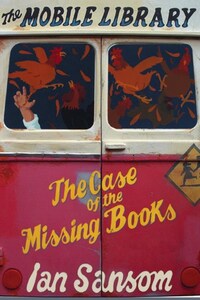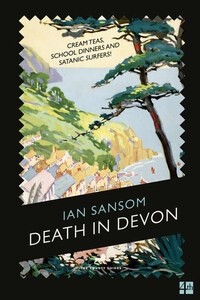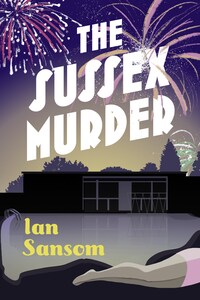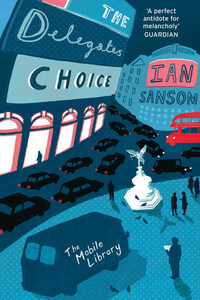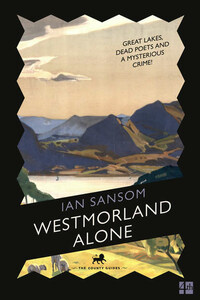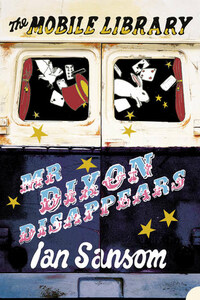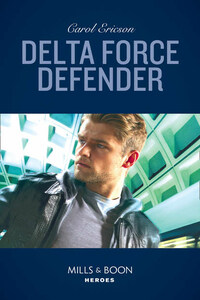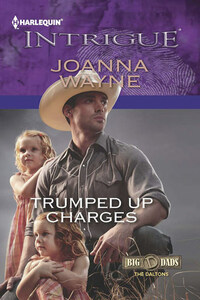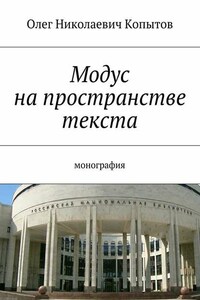REMINISCENCES, of course, make for sad, depressing literature.
Nonetheless. Some stories must be told.
In the year 1932 I came down from Cambridge with my poor degree in English, a Third â what my supervisor disapprovingly referred to as âthe poetâs degreeâ. I had spent my time at college in jaunty self-indulgence, rising late, cutting lectures, wandering round wisteria-clad college quadrangles drinking and carousing, occasionally playing sport, and attempting â and failing â to write poetry in imitation of my great heroes, Eliot, Pound and Yeats. I had grand ambitions and high ideals, and absolutely no notion of exactly how I might achieve them.
I certainly had no intention of becoming involved in the exploits and adventures that I am about to relate.
By late August of 1932, recovering at last from the long hangover of my childhood and adolescence, and quite unable, as it turned out, to find employment suited to my ambitions and dreams, I put down my name on the books of Messrs Gabbitas and Thring, the famous scholastic agency, and so began my brief and undistinguished career as a schoolmaster.
I shall spare the uninitiated reader the intimate details of the life of the English public school: it is, suffice it to say, a world of absurd and deeply ingrained pomposities, and attracts more than its fair share of eccentrics, hysterics, malcontents and neâer-do-wells. At Cambridge I had been disappointed not to meet more geniuses and intellectuals: I had foolishly assumed the place would be full to the brim with the brightest and the best. As a lowly schoolmaster in some of the more minor of the minor public schools, I now found myself among those I considered to be little better than semi-imbeciles and fools. After grim stints at Arnold House, Llandullas and at the Oratory in Sunning â institutions distinguished, it seemed to me, only by their ability to render both their poor pupils and their odious staff ever more insensitive and insensible â I eventually found myself, by the autumn of 1935, in a safe berth at the Hawthorns School in Hayes. This position, though carrying with it all the usual and tiresome responsibilities, was, by virtue of the schoolâs location on the outskirts of London, much more congenial to me and afforded me the opportunity to reacquaint myself with old friends from my Cambridge days. Some had drifted into teaching or tutoring; some had found work with the BBC, or with newspapers; a lucky few had begun to make their mark in the literary and artistic realms. Those around me, it seemed, were flourishing: they rose, and rose.
I was sinking.
After leaving Cambridge I had, frankly, lost all direction, purpose and motivation. At school I had been prepared for varsity: I had not been prepared for life. After Cambridge I had given up on my poetry and became lazier than ever in my mental habits, frequenting the cinema most often to enjoy only the most vulgar and the gaudiest of its productions: The Black Cat, The Scarlet Pimpernel, Tarzan and His Mate
